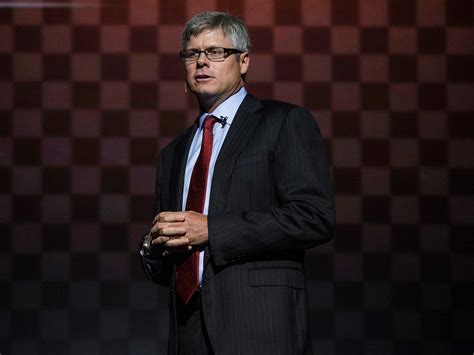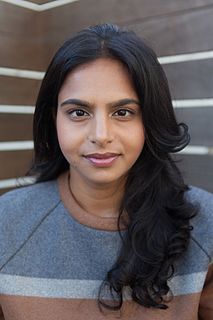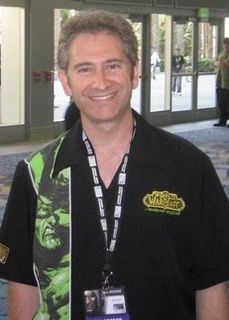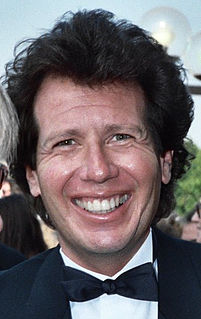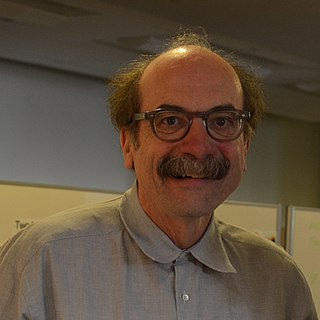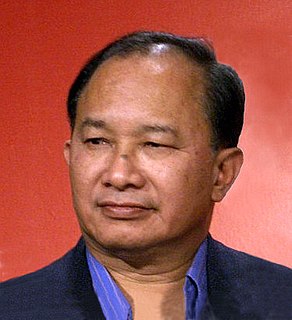A Quote by Lisa Su
Electrical engineering, particularly at MIT, was the hardest major, so I said, 'You know, how about we try that and see how it goes.'
Quote Topics
Related Quotes
If you're serious about being an architect, you've got to learn how to take responsibility. It's not fluff. You have to do every detail on every bloody piece of the building. You have to know how the engineering works. You have to know how the fittings go together. You have to master the mechanical, electrical, acoustical - everything.
I'm even stunned at some of the majors you can get in college these days. Like you can major in the mating habits of the Australian rabbit bat, major in leisure studies... Okay, get a journalism major. Okay, education major, journalism major. Right. Philosophy major, right. Archeology major. I don't know, whatever it is. Major in ballroom dance, of course. It doesn't replace work. How about a major in film studies? How about a major in black studies? How about a major in women studies? How about a major in home ec? Oops, sorry! No such thing.
My dad owns a company that lends equipment to industrial projects. I've been obsessed with taking it over since I could talk. I'd follow him and repeat conversations about how many tons of cranes were arriving. He said it was a man's world, so I studied electrical engineering because it was related.
I was over at Alison's [McGhee], I think we were playing Scrabble. I remember we were both complaining - yeah, we sound like whiners - about how hard writing is, and how we didn't have a story to work on. Alison said, 'Why don't we work on writing something together,' and I said, 'Eh, I don't know if I could work that way.' She said, 'Well, just show up here and we'll see,' and I said, 'Well, what would it be about?' She said, 'Duh, it'd be about a tall girl and a short girl.' So I agreed to come and try it for a day.
We got half the doggone MIT college of engineering here, and nobody who can fix a doggone /television/?" Dr. Joseph Abernathy glared accusingly at the clusters of young people scattered around his living room. That's /electrical/ engineering, Pop," his son told him loftily. "We're all mechanical engineers. Ask a mechanical engineer to fix your color TV, that's like asking an Ob-Gyn to look at the sore on your di-ow!" Oh, sorry," said his father, peering blandly over gold-rimmed glasses. "That your foot, Lenny?
My second or third year in the engineering department, I got very frustrated, and I sat down with myself and had a soul-searching conversation with myself and said, 'What I'd really like to do is see if I can write comedy.' ... I moved to L.A. stone cold. Didn't know anybody; didn't know how to go about it. Really started from scratch.




